10 Home Remedies for Fever Blisters
Fever blisters, also known as cold sores, are painful, fluid-filled blisters that typically appear on or around the lips. They are caused by the herpes simplex virus (HSV) and can be highly contagious. While there is no cure for fever blisters, there are several home remedies that can help alleviate pain, reduce inflammation, and speed up the healing process. In this article, we will explore 10 home remedies for fever blisters.
Ice Application
Applying ice to the affected area can help reduce inflammation and provide temporary pain relief. Wrap an ice cube in a clean cloth and gently press it against the fever blister for a few minutes. Repeat this process several times a day as needed[[1]].
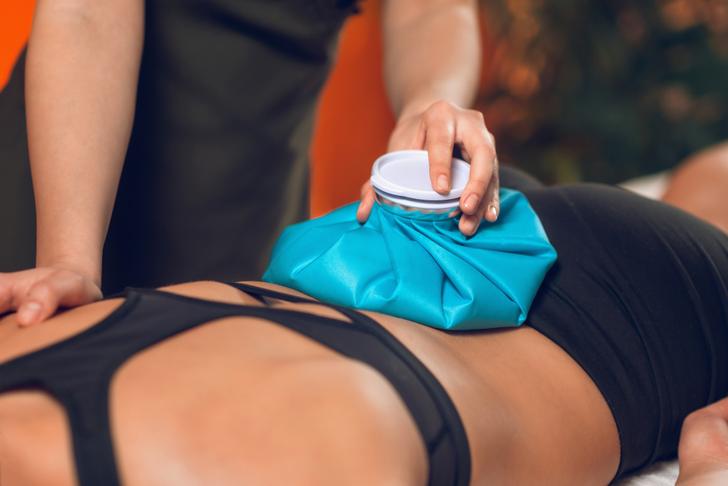
Advertisement
Over-the-Counter Creams
Over-the-counter creams containing docosanol, such as Abreva, can help shorten the duration of fever blisters when applied at the first sign of an outbreak[[2]]. Follow the instructions on the packaging for best results.
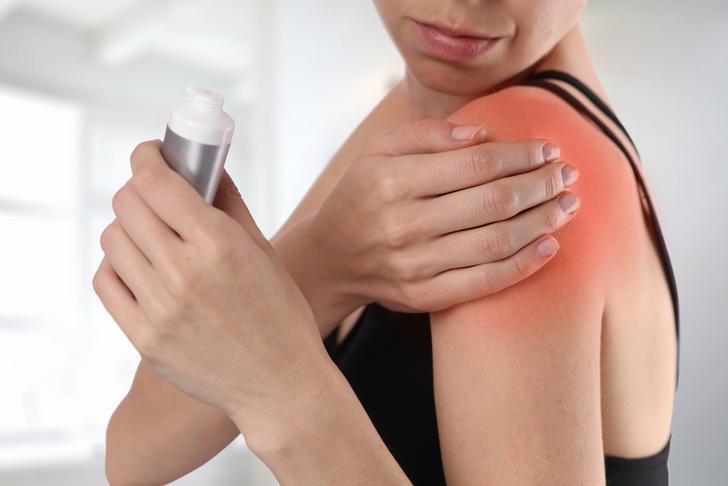
Advertisement
Aloe Vera Gel
Aloe vera gel has natural anti-inflammatory and antiviral properties that can help soothe and heal fever blisters. Apply a small amount of pure aloe vera gel directly to the blister several times a day[[3]].
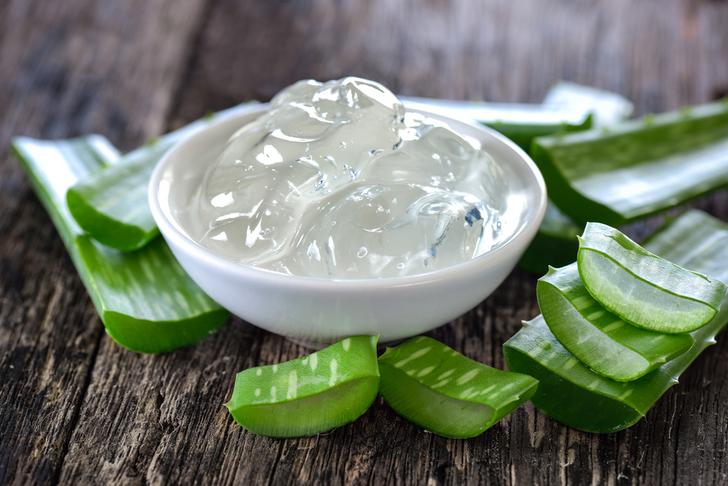
Advertisement
Tea Tree Oil
Tea tree oil has antiviral and anti-inflammatory properties that can help reduce the severity and duration of fever blisters. Dilute a few drops of tea tree oil with a carrier oil, such as coconut oil, and apply it to the affected area with a cotton swab up to three times a day[[4]].
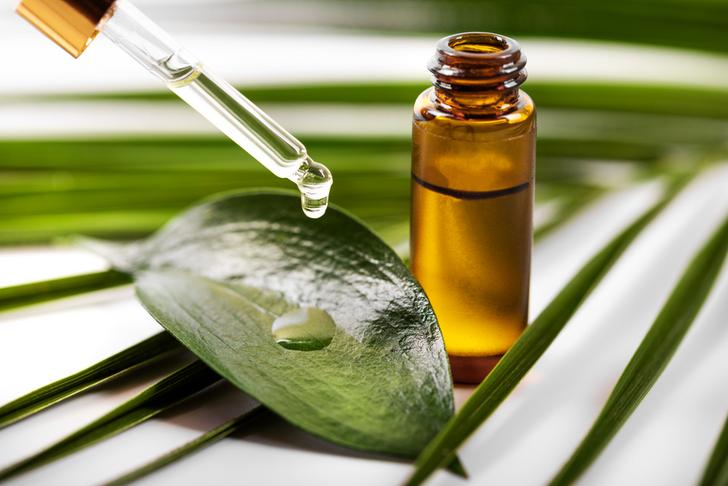
Advertisement
Hydrogen Peroxide
Hydrogen peroxide can help disinfect and dry out fever blisters, promoting faster healing. Dip a cotton swab in 3% hydrogen peroxide and gently dab it onto the blister. Allow it to air dry before rinsing with water. Repeat this process up to three times a day[[1]].
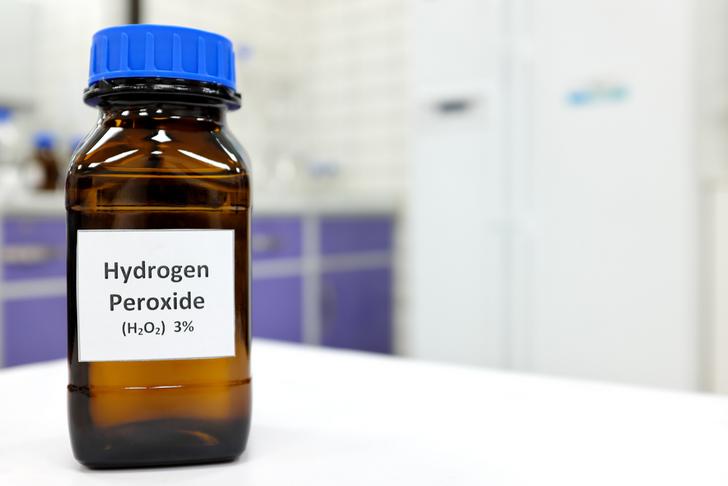
Advertisement
Lysine
Lysine is an amino acid that can help prevent the replication of the herpes simplex virus. Taking lysine supplements or applying lysine cream to the affected area may help reduce the frequency and severity of fever blister outbreaks[[2]].
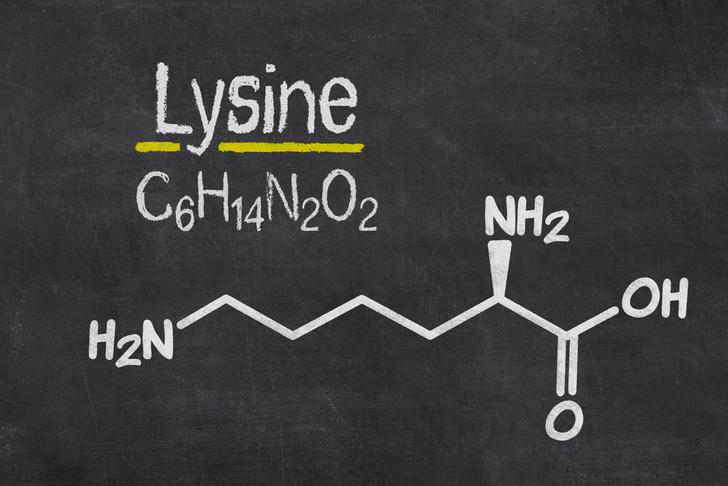
Advertisement
Lemon Balm
Lemon balm has antiviral properties that can help speed up the healing process of fever blisters. Apply a lemon balm ointment or cream to the affected area several times a day[[3]].
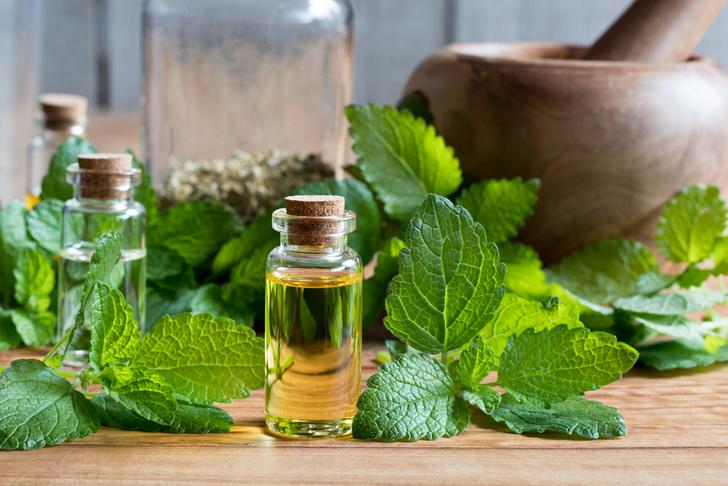
Advertisement
Cold Compress
Applying a cold compress to the affected area can help reduce swelling and provide temporary pain relief. Soak a clean cloth in cold water, wring it out, and gently press it against the fever blister for a few minutes. Repeat this process several times a day as needed[[4]].
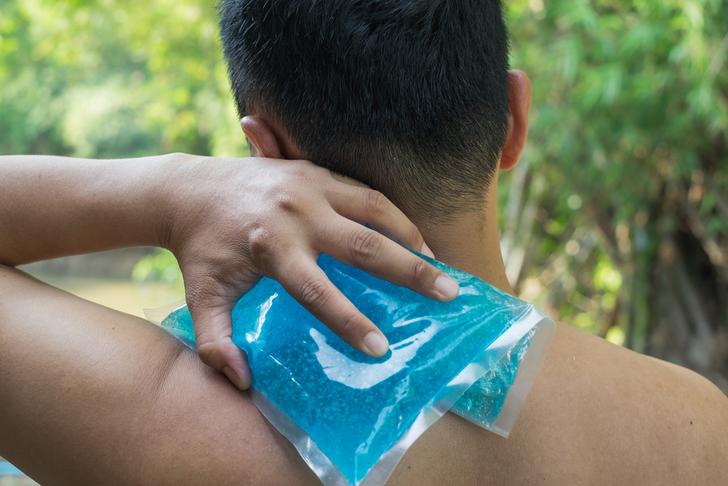
Advertisement
Salt Water Rinse
Rinsing your mouth with warm salt water can help soothe and disinfect fever blisters. Dissolve a teaspoon of salt in a cup of warm water and gently swish the solution around your mouth for about 30 seconds before spitting it out. Repeat this process several times a day[[1]].
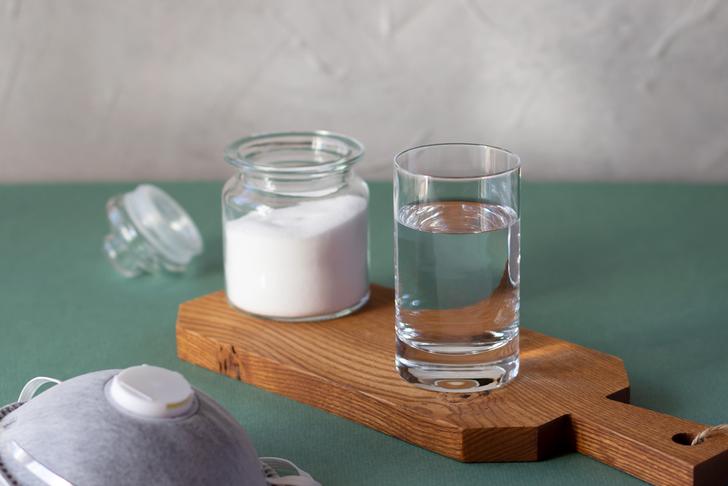
Advertisement
Over-the-Counter Pain Relievers
Over-the-counter pain relievers, such as ibuprofen or acetaminophen, can help alleviate pain and reduce inflammation associated with fever blisters. Follow the instructions on the packaging for proper dosage and consult your healthcare provider if you have any concerns[[2]].
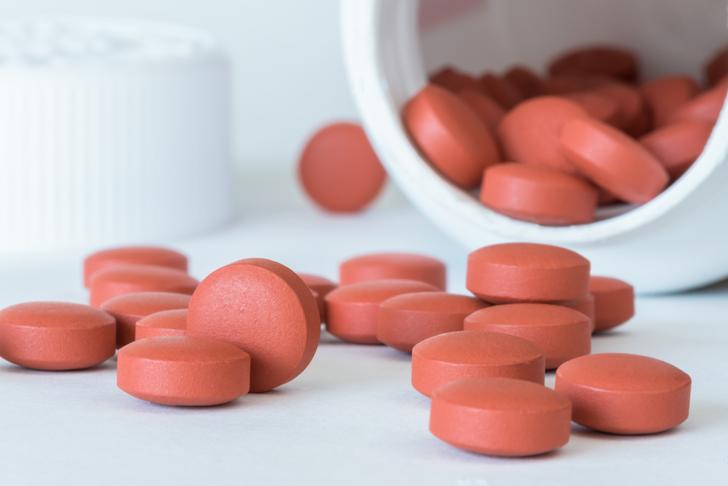
Advertisement
Conclusion
In conclusion, while fever blisters can be painful and unsightly, several home remedies can help alleviate symptoms and promote faster healing. Always consult your healthcare provider before starting any new treatment, and remember to practice good hygiene to prevent the spread of the herpes simplex virus.
Additionally, it’s essential to focus on treating the visible symptoms of fever blisters and take preventative measures. These measures can help reduce the frequency and severity of outbreaks and minimize the likelihood of spreading the virus to others.
For instance, maintaining a strong immune system can help your body fight off the herpes simplex virus more effectively, reducing the chances of a fever blister outbreak. Eating a healthy diet, exercising regularly, and managing stress levels can all contribute to a better immune system. Additionally, incorporating foods rich in lysine, such as fish, chicken, and legumes, into your diet may positively impact preventing fever blisters.
Moreover, practicing good oral hygiene is crucial, as this can help minimize the risk of infection and irritation in the affected area. Brushing and flossing regularly, using a soft toothbrush, and rinsing with a non-alcoholic mouthwash can help keep your mouth clean and healthy.
Remember to protect your lips from harsh weather conditions, as sunburns and extreme cold can trigger fever blister outbreaks. Applying a lip balm with sun protection factor (SPF) can help shield your lips from ultraviolet (UV) radiation.
Furthermore, once you notice the first signs of a fever blister – often characterized by a tingling or itching sensation – it’s essential to start treating the affected area immediately. This early intervention can help minimize the blister’s severity and the duration of the outbreak.
Finally, it’s vital to be aware of the highly contagious nature of the herpes simplex virus. Avoid sharing personal items like lip balms, toothbrushes, or utensils, and avoid engaging in oral contact with others during active outbreaks. It’s also important to wash your hands frequently, particularly after touching the affected area, to prevent spreading the virus to other parts of your body or others around you.
In summary, the combination of effective home remedies, preventative measures, and conscientious hygiene practices can significantly impact managing fever blisters and reducing the discomfort they cause. By following these suggestions, you’ll be better equipped to handle fever blister outbreaks and minimize their impact on your daily life.
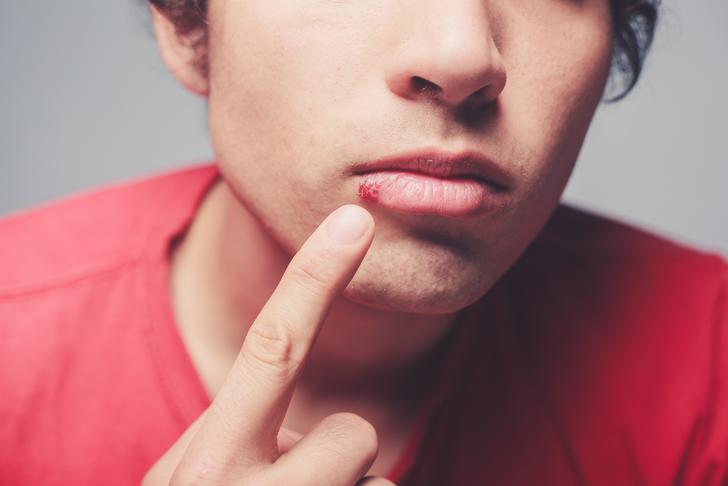
Advertisement





